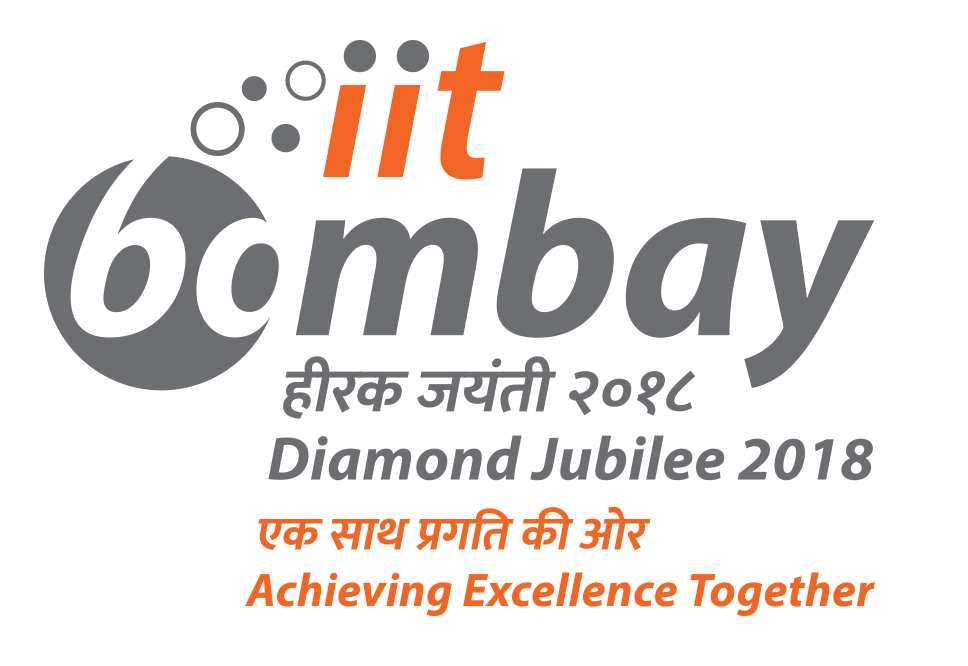Title: Reshaping gravitational wave data analysis with machine learning
Speaker: Prof. Christopher Messenger, University of Glasgow
Abstract: The phenomena of machine learning (otherwise referred to as artificial intelligence, deep learning, plus others) is sweeping through the physical sciences and starting to transform the way data analysis is done. One of the most popular and powerful approaches is the application of a "neural network” often thought of by non-computer scientists as a “magical” black box . I will try to demystify the process of constructing and training a neural network and describe how this can been applied to gravitational wave data in order to find binary black hole signals. If there is time I will also discuss newer exciting and powerful machine learning techniques that will hopefully soon find uses in gravitational wave astronomy.
Chris Messenger is a lecturer at the University of Glasgow in Scotland and has held that position for 2 years. He obtained his undergraduate degree and PhD at the University of Birmingham in the UK under the supervision of Prof. Alberto Vecchio. He has held postdoctoral positions at Glasgow, the Albert Einstein Institute in Hannover Germany and in Cardiff UK. He returned to Glasgow University in 2013 as a Lord Kelvin Adam Smith Fellow before taking up his lectureship. He is interested in multiple aspects of gravitational wave astronomy and data analysis with specific focus on bayesian inference, machine learning, and cosmology.

